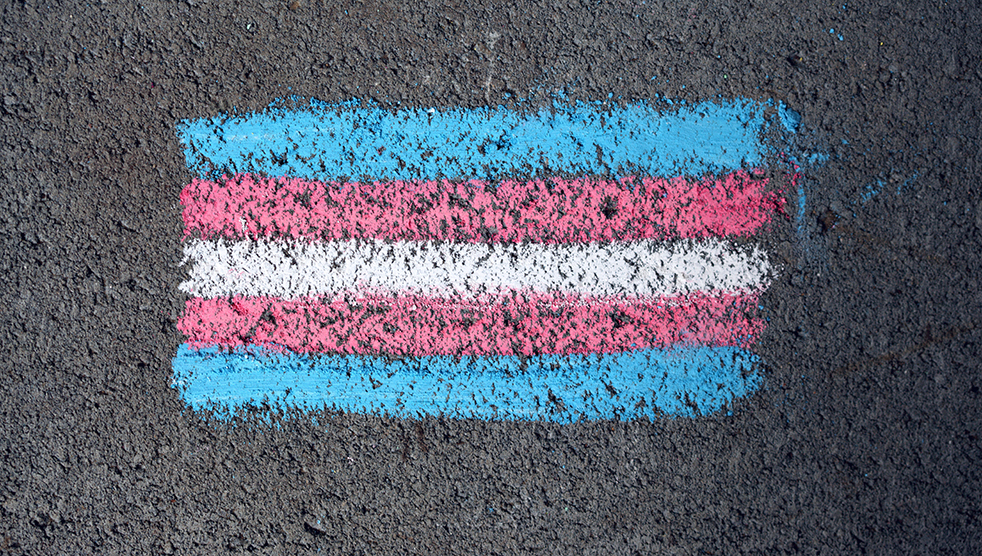The International Transgender Day of Visibility celebrates transgender people and their achievements. A vibrant part of the LGBT2SQ+ community, transgender individuals have made a lot of progress towards true equity over the years.
But there’s more we can do. Everyone can support the trans community by learning about the issues they face and speaking against transphobia. On this transgender day of visibility, take some time to educate yourself on the challenges they face.
What Does Transgender Mean?
A transgender person is someone with a gender identity that differs from the gender they were assigned at birth. Transgender women, for example, were thought to be a man when they were born. A transgender man, on the other hand, was thought to be a woman.
Transgender people know who they are – that’s their gender identity. It is common for a trans person to experience gender dysphoria: the discomfort of experiencing a mismatch between their gender identity and their sex assigned at birth.
While some identify as a woman or a man, others might identify as a combination of both and/or chose to live their lives without going through a gender affirmation surgery.
Some people might not identify with either. In this case, they might describe themselves as non-binary or genderqueer.
The Challenges Transgender People Face
While a lot of progress has been made, transgender people – especially transgender women of colour – are disproportionately impacted by violence and discrimination[i]. Many also face ongoing health and economic challenges.
As allies, our role is to continuously educate ourselves. Learn more about some of the issues a trans person navigates.
Employment and Housing: Transgender people often face discrimination when seeking employment. The transgender community experiences higher rates of poverty and/or homelessness than the general population.
Health Care: Transgender individuals still face barriers and discrimination when accessing health care. They are twice more likely to think about and attempt suicide than other members of the LGBT2SQ+ community.[ii] Many transgender people struggle with a lack of primary assistance and mental health support.
Safety and Civil Rights: Transgender individuals endure high levels of physical and psychological violence. The murders of transgender people still occur at alarming rates, and discrimination prevents them from feeling safe while navigating their daily lives. They deserve the rights cisgender people already have. Transgender individuals deserve to have protection against employment discrimination, and to have their identity reflected in their documents. Recognizing and respecting trans people’s civil rights is a vital step towards ensuring their wellbeing and quality of life.
Housing and Community Support for Transgender People
Given the challenges transgender individuals face, providing them with affordable housing, mental health care, and community support is imperative to helping them live independent and dignified lives.
At LOFT, our programs for the LGBT2SQ+ community offer a safe environment for transgender people struggling with mental health challenges, addiction, and homelessness. Our caring staff assists our clients as they work towards recovery.
Many transgender people end up losing relationships with family and friends due to discrimination, but we offer a welcoming space and a supportive network. At LOFT, our transgender clients find a caring community.
[i] Doubly Victimized: Reporting on Transgender Victims of Crime. Glaad.org
[ii] Transgender people and suicide. Centre for Suicide Prevention.
